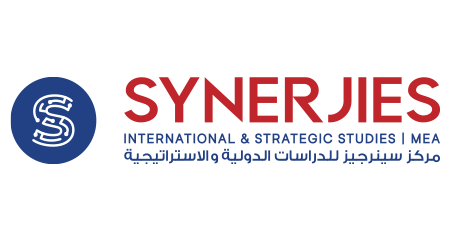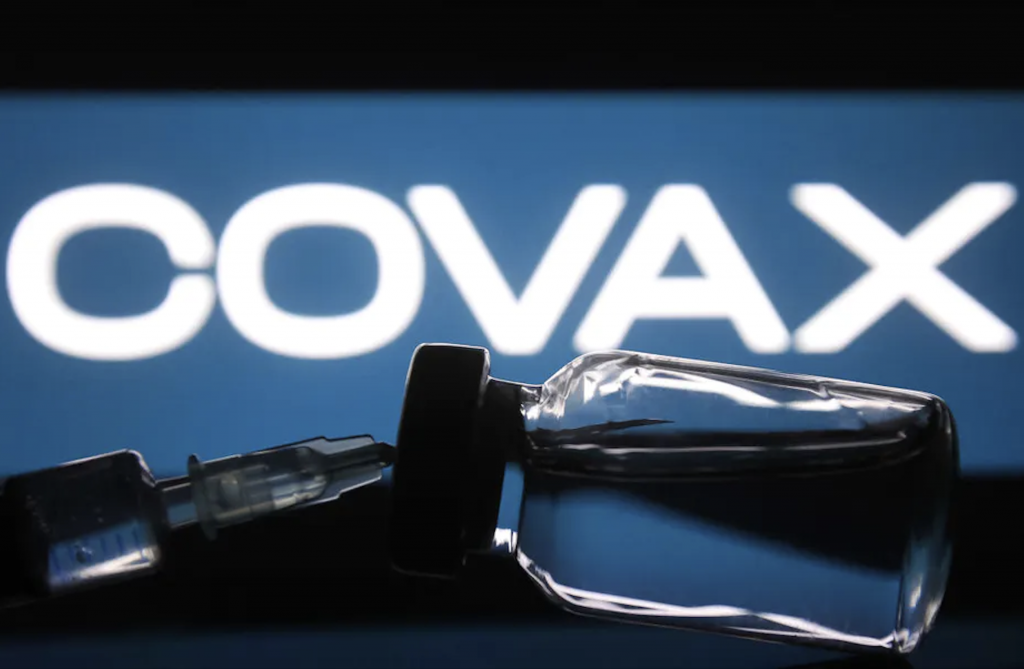A Reality Check for the COVAX Initiative
Out of a communicated conviction that vaccination in a time of global pandemic is a universal human right, some 192 countries signed up last year for COVAX. COVAX is an international effort set up last year to try to ensure a largely equitable access to vaccines among rich and poor nations. It’s is co-led by the WHO, the Global Vaccine Alliance (Gavi) and the Coalition for Epidemic Preparedness Innovations (Cepi), with the UN children’s fund, Unicef, as key implementation partner. So far, more than 49 million vaccine doses have been delivered through COVAX. But, in terms of funds, a further $35 bn-$45 bn is needed to ensure most adults are immunised.
A reality check though would show that despite the vows of developed countries to promote global vaccination, the world is seeing little progress with regards to COVAX supplies, and as things stand, there is a huge moral failure in terms of the global immunity divide. According to a World Health Organization statement on April 9, the global vaccine distribution has been highly skewed toward higher-income countries. More than 87% of the global vaccines have gone to high-income or upper middle-income countries, while only 0.2 percent has gone to low-income countries.
It’s no secret that in much of the developed world, vaccine rollouts are soaring, Covid-19 cases are easing, and people are busy lining up summer vacations, while in many less developed nations the virus is raging on out of control, withvaccinations happening far too slowly to protect even the most vulnerable. A big contrast, for example, could be seen in the fact that clubs and restaurants reopening in the United States and Europe while people gasp for oxygen in India. Also, Brazil, where thousands are dying daily, have received only a 10th of the AstraZeneca doses they were promised. Andcountries like Ghana and Bangladesh, which blew through their initial vaccine supplies, aren’t sure they will be given any further supplies. In Malawi, only 2% of the people are vaccinated. This problem of availability is because vaccine makers are committing a relatively tiny portion of their production to the scheme, as they are prospering off sales to the world’s rich. Pfizer brought in $3.5 billion from its vaccine in the first three months of 2021, while it has promised COVAX less than 2% of this year’s doses. Moderna, expecting $18 billion in vaccine sales in 2021, agreed only this week to supply COVAX , despite taking an early investment from a leading COVAX foundation last January.
In fact, the problem with COVAX supplies goes well beyond the availability of vaccines to being of a logistical nature, as well. According to CARE, a global nonprofit for every $1 spent on vaccine doses, another $5 was needed to guarantee that they made it from airport runways into people’s arms. Also, many of the few doses that have been delivered are sitting in warehouses, with expiration dates rapidly approaching. More problematically, India, the important manufacturalsource of COVAX supplies, has delayed critical shipments as it fights the expanding humanitarian crisis.
The Way Forward
Aside from the moral failure, another failure is pending if the global immunity divide persisted. New variants could emerge because of the untamed infections and epidemics which could well have devastating consequences for the whole world and prolong the pandemic for rich and poor nations alike. The global economy had already to suffered trillions of dollars in losses and if the pandemic spiraled out of control the recovery will be lengthier.
Among the many proposed solutions that include higher commitment from both the developed world leaders and the vaccine makers, there is a rather less talked about proposition. That’s is the necessity of relaxing intellectual property rights when facing a global pandemic. Many intellectual property rights experts have publicly highlighted how exclusive licensing, in which a company decides to whom and on what terms to grant a license to produce their technology, often with restrictive conditions and control over price and volumes, has exacerbated Covid-19 vaccine shortages. It’s argued that the COVAX initiative should facilitate the sharing of intellectual property to make vaccines swiftly available and affordable for all. Some major humanitarian organizations are leading a global campaign to pressure in that direction such as Human Rights Watch, Amnesty International, and Public Citizen.
Additionally, India and South Africa led the push for the waiver of intellectual property in the World Trade Organization, with many other low-income countries having also signing up. The proposal came after the World Health Organization attempted to pool intellectual property for the vaccines.
In fact, this momentum came back with returns, as President Joe Biden threw his support behind waiving intellectual property rights for COVID-19 vaccines. His move came as a reaction to the mounting pressure from Democratic lawmakers, but it angered pharmaceutical companies. Things till the moment are different for other countries such as theUK and the EU. So far they opposed the waiver.


